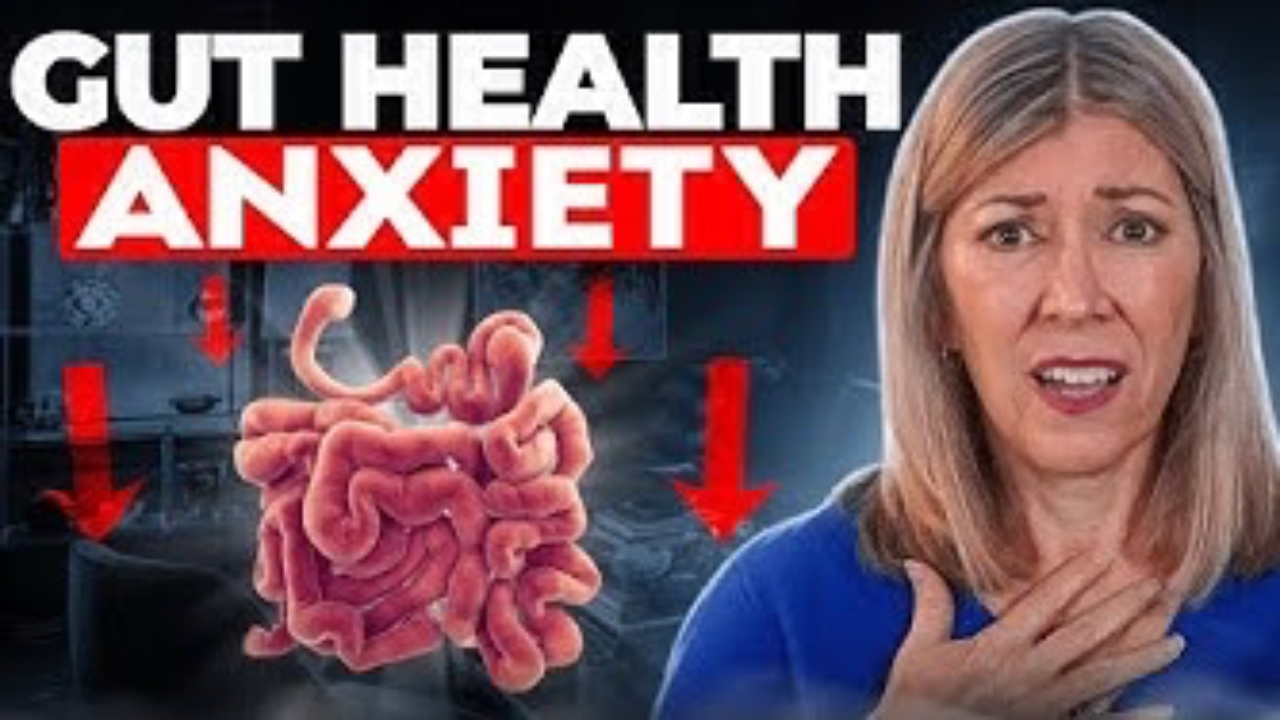
The Gut-Brain Connection: Improve Mental Well-being
Discover the surprising link between anxiety and gut health in this article. Gut health plays a pivotal role in influencing your mental well-being, a connection that may not be immediately apparent. We will explore this intriguing relationship and provide strategies for promoting a healthy gut and effective anxiety management.
The Gut-Brain Connection:
The gut and the brain are intricately linked, with the gut even boasting its own nervous system known as the enteric nervous system. This system communicates with the brain through the vagus nerve, meaning that events in your gut can significantly affect your brain and mental health. Research indicates that individuals with digestive issues like irritable bowel syndrome (IBS) are more likely to experience anxiety and depression, with up to 90 percent of IBS sufferers reporting some level of psychological distress.
The Role of the Gut Microbiome:
Your gut microbiome is composed of trillions of bacteria, fungi, and other microorganisms residing in your digestive system. These microorganisms play pivotal roles in digestion, immune function, and even mood regulation. Research has shown that imbalances in the gut microbiome, referred to as dysbiosis, are associated with a higher likelihood of experiencing anxiety and depression. Dysbiosis can result from various factors, including diet, stress, medication use, and exposure to environmental toxins.
Strategies to Improve Gut Health and Manage Anxiety
-
Healthy Diet: A diet rich in fiber, including fruits, vegetables, and whole grains, can nurture the beneficial bacteria in your gut and maintain microbiome balance.
-
Reduce Inflammatory Foods: Minimize consumption of inflammatory foods such as sugars, refined carbohydrates, trans fats, and processed meats to support gut health and reduce inflammation.
-
Stay Hydrated: Drinking sufficient water is vital for proper digestion and overall gut health.
-
Manage Stress: Stress can disrupt digestion and the balance of gut bacteria. Practice relaxation techniques, deep breathing, meditation, yoga, or spending time in nature to help manage stress and support your gut health.

Are you struggling with constant, obsessive worries about your health? Are you experiencing high anxiety and bodily sensations and symptoms that cause you to avoid the activities that you love? I can help you get back to enjoying your life again with Rapid Recovery from Health Anxiety: A Step-by-Step Guide to Stop Worrying and Reclaim Your Life.
-
Get Enough Sleep: Aim for 7-8 hours of sleep each night, as sleep deprivation can disturb gut bacteria balance and increase inflammation.
-
Consider Probiotics: Probiotics, found in foods like yogurt, kefir, sauerkraut, and kimchi, or in supplement form, can bolster a healthy gut microbiome. Consult your doctor before starting probiotics.
-
Try Prebiotics: Prebiotics are fibers that nourish beneficial gut bacteria. Incorporate foods like onions, garlic, leeks, asparagus, and bananas into your diet to promote a healthy gut.
-
Avoid Unnecessary Antibiotics: Antibiotics can disrupt gut bacteria. Only take them when absolutely necessary and consider taking a probiotic supplement during and after antibiotic use to support your gut bacteria.
The connection between anxiety and gut health is multifaceted, but by prioritizing a healthy gut microbiome, you can enhance both your physical and mental well-being. Implementing these strategies to improve your gut health can be a proactive step in managing anxiety and promoting a happier, healthier life. Remember to consult with a healthcare professional before making significant changes to your diet or supplement regimen.
Let's Keep in Touch
Subscribe to My Newsletter
We hate SPAM. We will never sell your information, for any reason.







